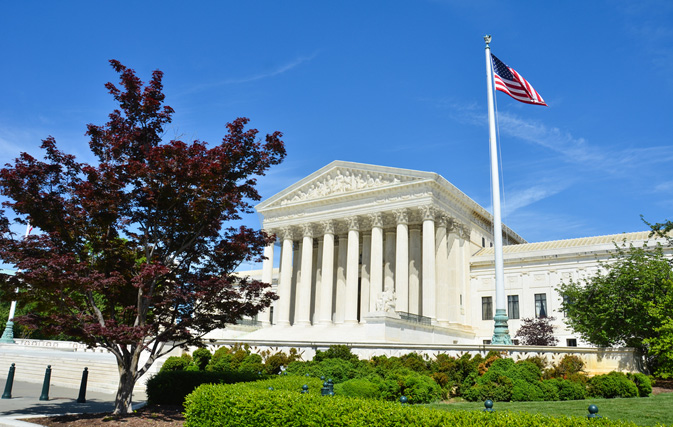ARLINGTON, Va. — Should tour guides in Washington have to prove they know James Madison from James Monroe? Should those in New Orleans take tests on the difference between Creole and Cajun?
On the heels of conflicting rulings from two appellate courts, a Virginia-based group wants the U.S. Supreme Court to decide whether cities are within their rights to demand that tour guides be licensed. The Institute for Justice says the rules amount to a “license to speak” — an unconstitutional restriction of First Amendment rights. Lawyers say a ruling could have a profound effect on anyone who talks for a living.
On Monday, the institute filed a lawsuit challenging a law on tour guides in Savannah, Georgia. The group said it will formally file its petition to the Supreme Court on Tuesday. In the past, the institute has filed challenges to what it sees as overzealous licensing schemes, in occupations such as hair braiders, yoga teachers and casket makers.
“Under the First Amendment, you don’t need to a license to be a poet. You don’t need a license to be a stand-up comedian. And you don’t need a license to be a tour guide,” said Rob Johnson, a lawyer for the institute who is taking the lead on the Savannah case.
The Supreme Court should weigh in, the institute argues, because of the conflicting rulings from federal appellate courts in the past year. In New Orleans, the court ruled that the city was within its rights to license tour guides. In Washington, D.C., the court declared that similar rules in the nation’s capital were unfounded.
In both cities, the Institute for Justice filed lawsuits on behalf of tour guides who opposed the licensing. Its petition to the high court will seek to overturn the ruling in New Orleans, lawyer Robert McNamara said.
Savannah, Washington and New Orleans are among a handful of cities that require tour guides to pass written tests and jump through other hoops to obtain tour-guide licenses.
In Savannah, would-be guides must undergo criminal background checks and medical examinations every two years and pass a 100-question multiple-choice test that costs $100 to take. The test content includes the origins of the Telfairs, a prominent 18th century Savannah family, and the location of gravesites of victims of an 1820 yellow fever outbreak.
One of the Savannah plaintiffs is “Savannah Dan” Leger, a former police officer known for giving tours in a seersucker suit. He called the test meaningless in terms of ensuring a tour guide’s competency.
“Being a tour guide isn’t about dates and places,” he told The Associated Press. “It’s about being able to convey history in an entertaining way.”
The cities that require licensing have argued that they have a compelling interest in making sure tourists have a positive experience.
But Leger said the city’s interests are not advanced by licensing or testing. The majority of his business comes from word of mouth, he said, and review sites such as Yelp and TripAdvisor make it easy for tourists to steer clear of bad guides.
“You’re not going to be able to give a bad tour in Savannah and stay in business,” Leger said.
Robert Freeland, president of the Tour Guides Association of Greater New Orleans, said his organization would get rid of requirements such as fingerprinting but favours most licensing rules and testing.
“It obliges you to study up,” Freeland said. “We think tour guides should be telling visitors the truth, and they should know as much history as possible.”
New Orleans city attorney Sharonda Williams said the city agrees with the ruling that licensing requirements do not infringe on First Amendment rights.
“The city’s licensing requirements legally protect the health, safety, and well-being of our residents and visitors,” she said in an emailed statement. “Licensed tour guides are important ambassadors for New Orleans and we will continue to ensure that the individuals providing these services have met the knowledge, background check and drug-screening standards.”

